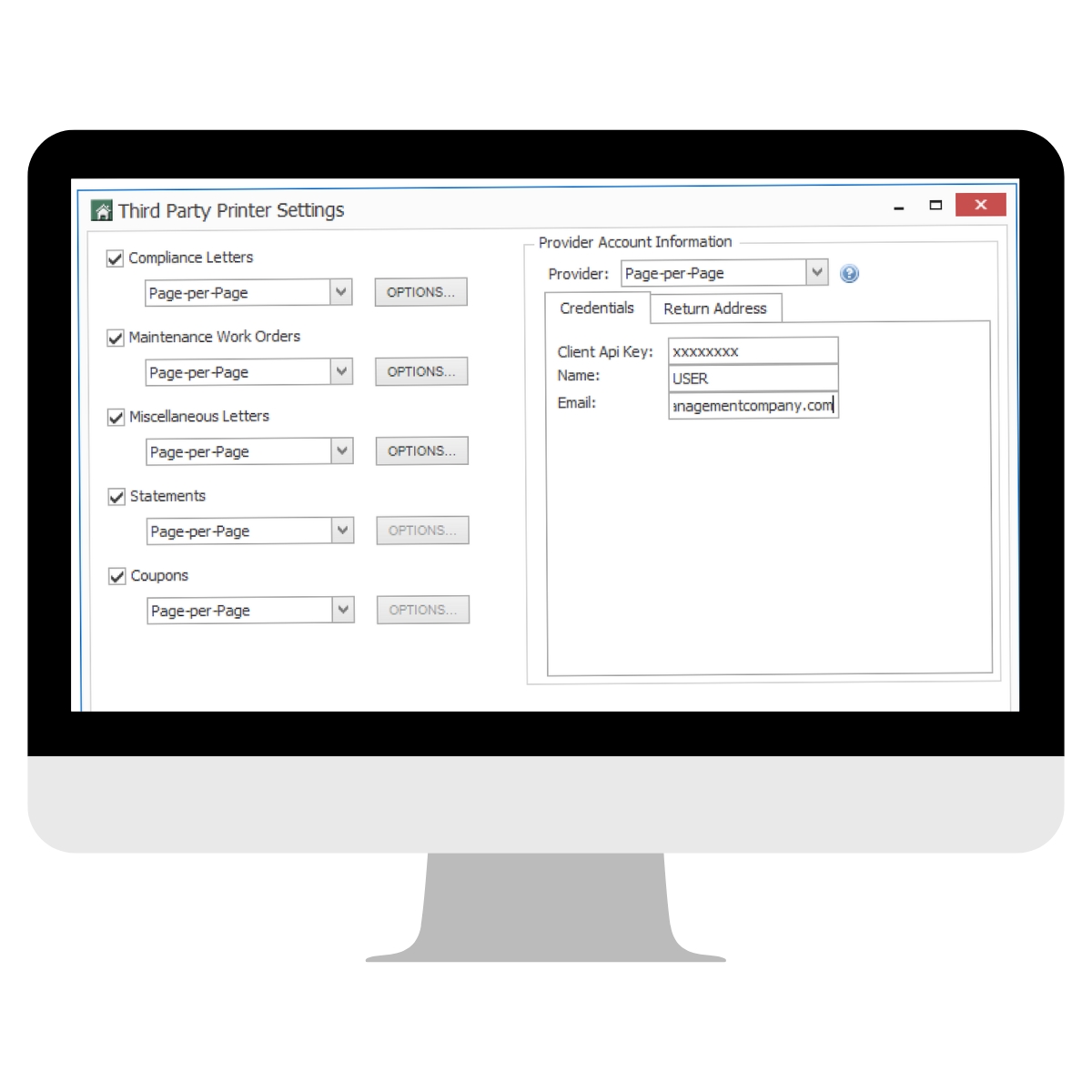While HOA rules and regulations vary from state to state (neighborhood to neighborhood) it’s important to understand what they are and why they exist because, ultimately, it’s about preserving property values while creating a positive experience for homeowners within it. Here is everything you need to know.
What Are HOA Rules and Regulations?
Upon moving into a community with an HOA, you become responsible for following each of its rules and regulations. These guidelines not only preserve the neighborhood’s property values, but they also give residents a framework to make significant changes to their homes.
Ultimately, HOA rules serve to:
- Maintain the aesthetics of a community
- Maintain (or increase) property values
- Provide services to residents
- Develop a sense of community through social activities and amenities
Sample HOA Rules and Regulations
In the way that every community is unique, so is each HOA. For example, a condo HOA will differ widely from the HOA for a gated community of single-family homes. With that said, here are sample HOA rules and regulations:
- Pets: The size, quantity, or type of pets can be stipulated by your HOA. For example, some communities may not allow dogs of over 30 pounds.
- Parking: If your community has its own network of streets, then an HOA can dictate the hours and areas in which parking is permitted and prohibit specific vehicles (like RV’s)
- Landscaping: An HOA can dictate the standards to which one’s outdoor areas must be maintained.
- Trash and Recycling: An HOA can restrict the days in which trash and disposal bins can be left outside.
- Construction Restrictions: If you plan to make an addition, build a shed, or undertake any publicly visible construction project, an HOA will need to approve its execution.
Are HOA Rules and Regulations Enforceable?
Few rules prove effective without consequences for violating them. Since CC&Rs apply to the land––not just the property––anyone in these communities must abide by them. Failure to abide by HOA rules and regulations can result in financial or even legal consequences.
How Can They Be Enforced
Most often, violation of HOA regulations results in either a warning or a fine. For example, parking a car in an area where this is prohibited will likely result in a fine. Another example could relate to decorations. Some (more strict) HOAs, while allowing for seasonal outdoor decorations, require their timely removal. Failure to put away your Halloween decorations until late November could result in either a warning or fine for some communities.
In more severe cases, an HOA might either sue or evict a resident for failure to abide by the rules and regulations. While this is uncommon, built-up unpaid dues can result in legal action. Since HOA rules are generally not enforceable by police––as they only apply to association members––these matters would likely be handled in a civil court.
Action is Not Always Necessary
If you’re building a homeowner’s association, it’s important to establish a rapport of empathy and morale among other homeowners. Rather than single out rule-breakers, the goal of an HOA is to create a better community for everyone. Because of this, board members should make themselves approachable and flexible.
If a homeowner didn’t obtain a permit to build a fence or another one requires temporary street parking to accommodate guests, it’s important to negotiate, working with your community rather than against it.
Communication is Key
In order to ensure compliance with rules and regulations, an HOA’s first goal should be to create awareness. Homeowners can’t be expected to commit the CC&Rs to memory, so you’ll want to provide a resource where they can quickly obtain the information they need. This is where a dedicated HOA website comes in handy as it provides a permanent accessible solution to facilitating communication between an HOA and its residents.
While traditional website development can be costly and time consuming, Hoampage provides a solution that directly serves HOAs.
Hoampage is a platform that guides you through the process of building an HOA website, step-by-step, with no prior experience required. You can easily import properties within the community. Homeowners need only verify their information before gaining access. From there, board members and homeowners can promote upcoming community events, create forums for frequently asked questions/answers, access a payment portal for dues and assessments, and even upload important community documents and forms.
A big component for the success of any HOA (and the adherence to HOA rules and regulations) is consistent, open communication. With Hoampage you’ll never lose touch.





